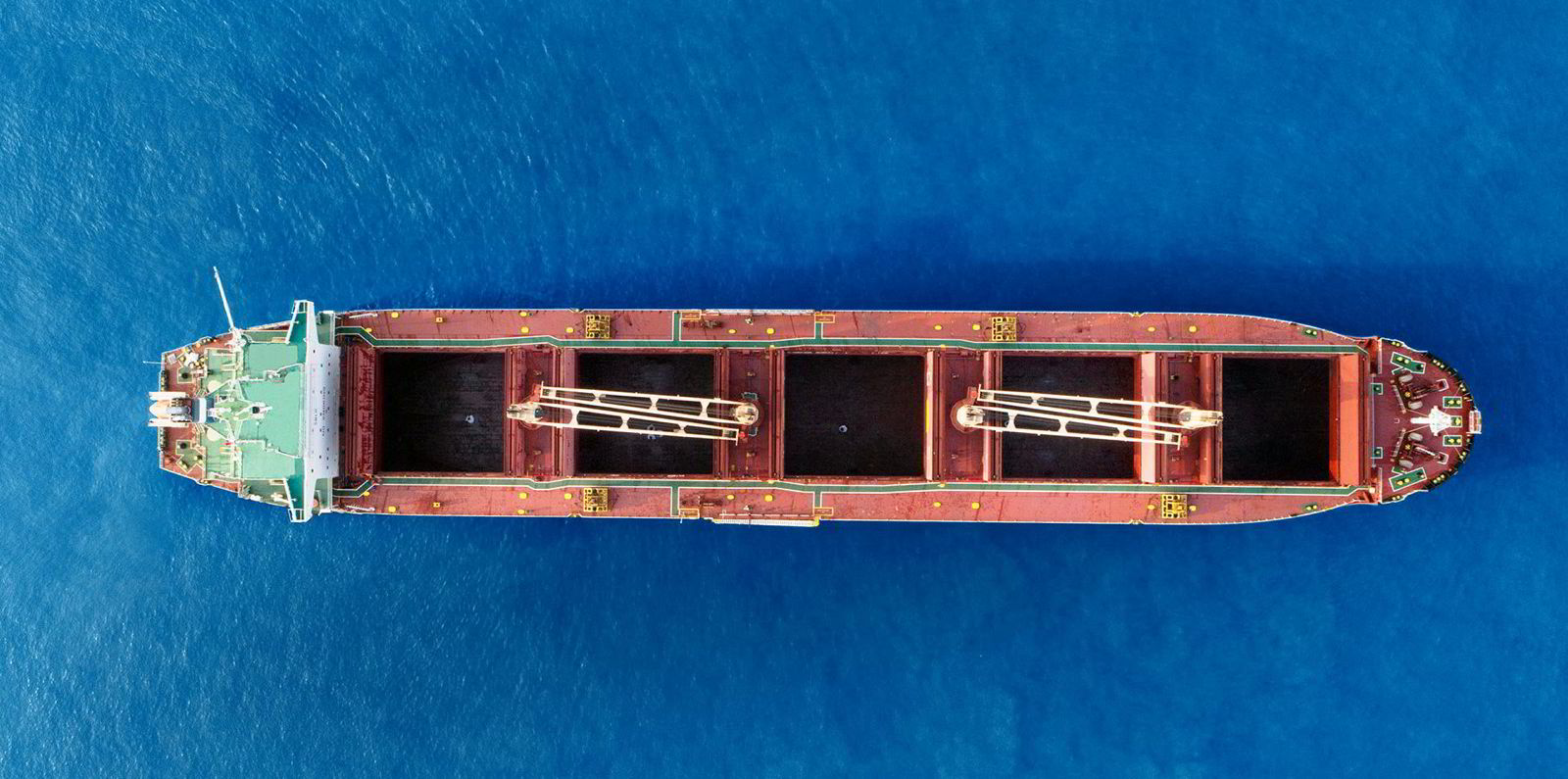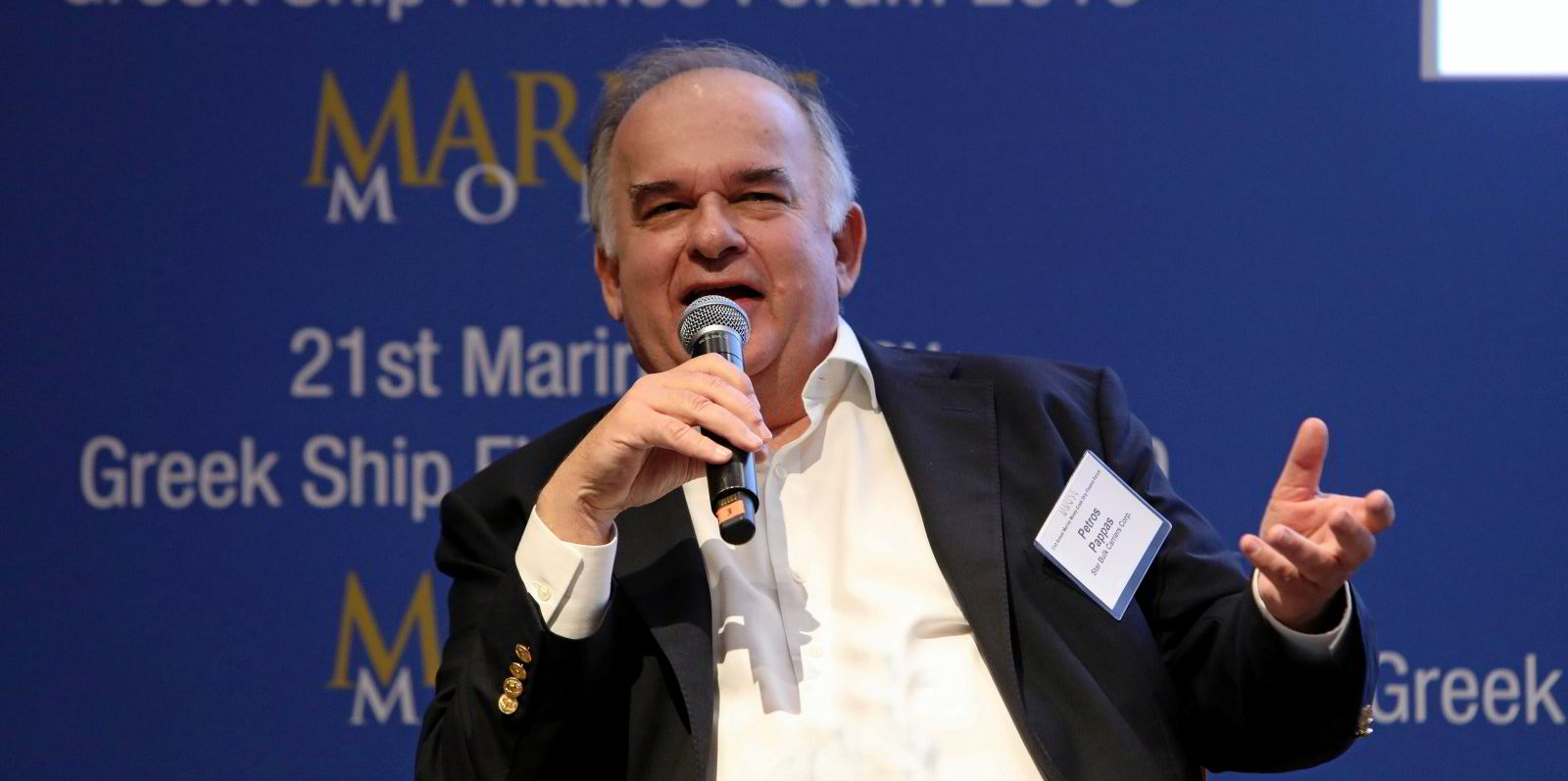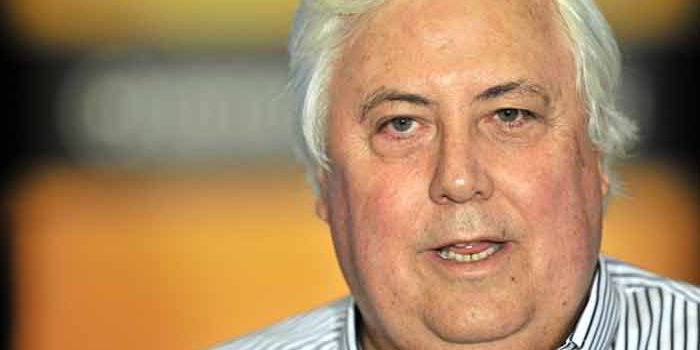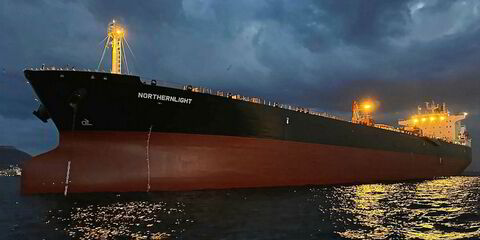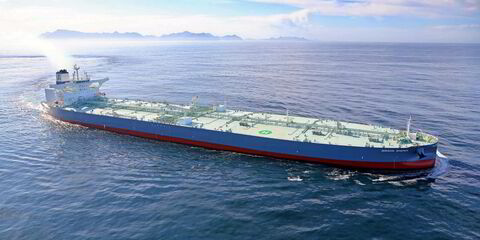A little-known Asian investor has taken advantage of the ongoing strength of bulker markets to sell a string of ultramaxes connected several years ago to Australian mining tycoon Clive Palmer.
The first in the series of four Chinese-built sisterships changed hands early this year — and at least two others have been sold since then.
In January, several brokers reported that the 63,000-dwt Asia Ruby I (built 2014) was sold to Greek buyers for about $15.5m. In April, the ship emerged in the fleet of Common Progress, an Athens-based dry bulk player, and is now trading as Common Atlas.
The other three identical vessels are now changing hands as well, at much higher prices.
Several brokers reported in recent days that a $67m en-bloc deal has been concluded for the Asia Ruby II, Asia Ruby III and Asia Ruby IV. US-based brokers identified Common Progress as the buyer of the three vessels.
However, much of that information proved incorrect. According to an executive at the vessels' commercial manager, HBC Asia, just the Asia Ruby II and Asia Ruby IV have been sold to two separate buyers.
A potential sale of the Asia Ruby III is currently under negotiation.
When contacted by TradeWinds, a Common Progress employee said the company has not bought any vessels recently, apart from the Asia Ruby I.
Private equity behind it?
The identity of the ships’ sellers is uncertain as well.
Hamburg Bulk Carriers (HBC) insists it is strictly the third-party manager for the vessels.
Their owners are believed to be Asian.
Citing Australian media, TradeWinds reported in 2016 that a little-known company called Asia Ruby Maritime bought the ships from Palmer, who had originally ordered them at Jinling Shipyard, as part of a plan to import nickel ore to the Yabulu refinery in Townsville, in the Australian state of Queensland.
According to Singapore company registry data cited at the time by The Australian newspaper, Asia Ruby Maritime was owned by another entity called Asia Sapphire.
Asia Sapphire’s current registration data in Singapore suggests a link between that company and Pacific Alliance Investment Management, a Hong Kong-based private equity fund that brands itself as PAG.
PAG managers did not respond to a request to comment on whether they had anything to do with the ships.
According to its website, PAG manages $40bn in assets on behalf of more than 150 institutional investors worldwide, mainly in real estate, private debt and public markets.
